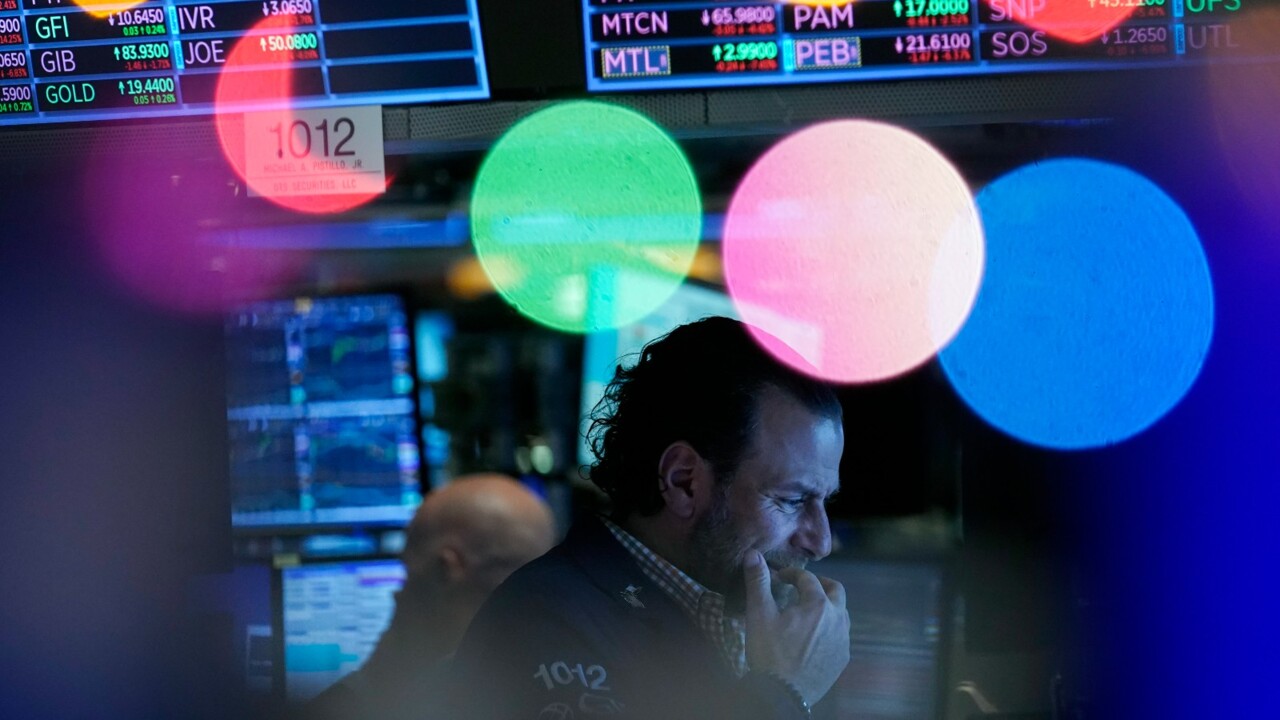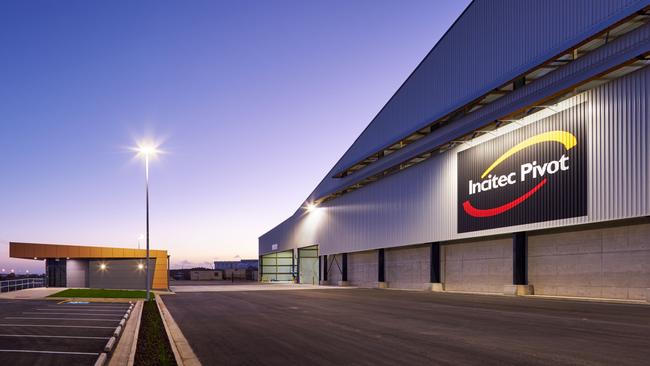Incitec Pivot books record profit, declares $400m share buyback
The explosives and fertiliser company says it could sell its troubled Waggaman manufacturing plant in the US, as its annual net profit rose to $1.01bn.

Incitec Pivot shares jumped on Tuesday after the explosives and fertiliser company delivered a $1.01bn annual net profit and said it will delay the spin out of its fertiliser division amid plans to sell its troubled Waggaman manufacturing plant in the US.
Incitec will pay a 17c a share final dividend on the result, with the company also announcing a $400m share buyback on the back of its record profit. The fully franked final dividend comes on top of a 10c a share interim payout after Incitec’s half-year results in April.
Shares in the explosives major closed up 22c, or 5.9 per cent, to $3.96 after the company said it had received multiple approaches from “credible” buyers looking to acquire its Waggaman ammonia plant in Louisiana.
A review of its options for full or partial sale of the plant will push back Incitec’s plan to split off its fertiliser and explosives businesses by six to 12 months, Incitec said on Monday.
But despite rumblings from some of its shareholders over the company’s move to demerge its fertilisers business – only a few years after considering and then rejecting an early proposal to do so — Incitec managing director Jean Johns told The Australian the Waggaman delay should not be seen as a sign Incitec was again wavering on a split.
“Our strategy has not changed. It’s really the order in which we’re taking these strategic initiatives. We see both options could add a lot of value for shareholders,” she said.
Incitec had previously said it would likely put a plan for the demerger of its fertilisers business to shareholders in early 2023, but now says that could be pushed back until as late as 2024.
Incitec said it had received a number of unsolicited offers to buy the ammonia plant, which has struggled with mechanical issues and outages over the last few years.
“All approaches were expressed to be indicative, non-binding and subject to due diligence and at this stage there is no certainty that a transaction will occur,” Incitec said.
While the company did not name any of the would-be buyers, nor put a figure on their offers for the plant, Incitec managing director Jean Johns told analysts on Tuesday the company believed it would cost at least $US1.5bn ($2.2bn) to build a replacement plant in the US.
About 30 per cent of Waggaman’s output goes to Incitec’s US explosives business, with the rest sold on the open market, and Ms Johns told analysts any sales process would ensure Incitec retained the “strategic value of long-term supply of ammonia from Waggaman” to the company’s Dyno Nobel Americas explosives business.
“We will be looking at all options that preserve that 30 per cent integrated margin that we currently hold, as well as maximising the value of the asset,” she said.

Ms Johns said Waggaman had put in a strong performance for the year.
“Waggaman is continuing its excellent operational performance to capture significant value from strong ammonia pricing and buoyant market conditions,” she said.
Waggaman booked revenue of $US560.9m for the 12 months to the end of September, up 219 per cent on the previous financial year.
The result came despite an eight-week outage of the plant in February, which cost the company $US128m. Incitec said it had finalised a $US70m insurance claim against the incident. The company said the plant had produced at its nameplate capacity both before the incident and after it had returned to production.
Incitec booked earnings before interest and tax of $US343.8m for the year, about 65 per cent of the company’s total earnings in the Americas. The previous year, it had booked only $US3.6m in earnings.
Incitec booked a $1.01bn net profit for the year on the back of strong pricing, amid the massive disruption of global fertiliser and explosives markets caused by Russia’s invasion of Ukraine. That compares to a statutory net profit of $149.1m last year.
Revenue for the year was up $1.97bn to $6.32bn, with EBIT up 162 per cent to $1.49bn.
IPL generated $759m in EBIT from its Dyno Nobel Americas division, with its Asia Pacific explosives operations generating EBIT of $162m. Its fertilisers division booked EBIT of $614m for the year.




To join the conversation, please log in. Don't have an account? Register
Join the conversation, you are commenting as Logout